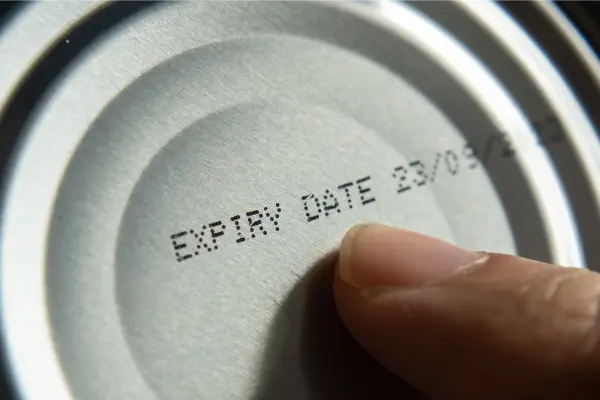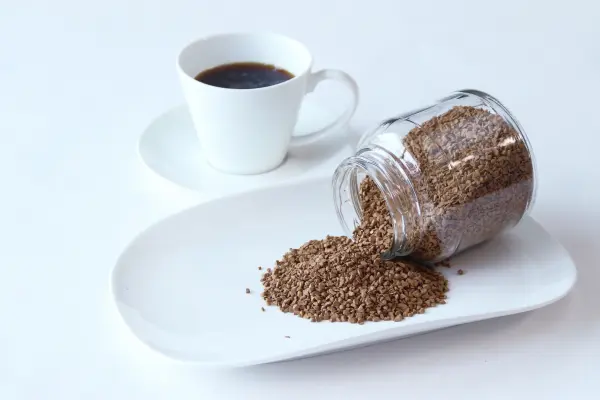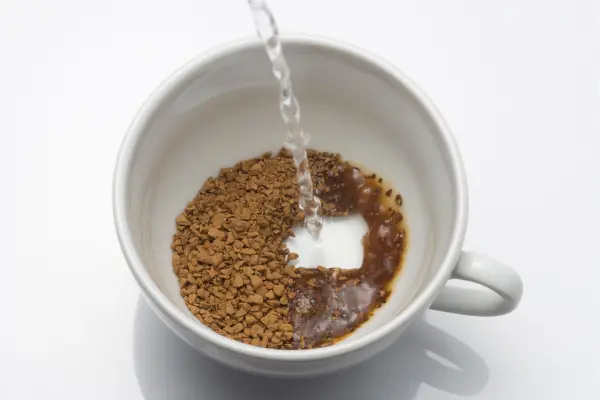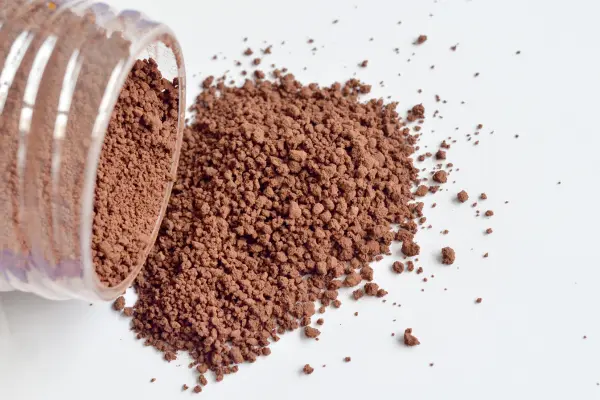Can instant coffee go bad? Ah, instant coffee – the trusty companion of rushed mornings and late-night study sessions. But amidst the hustle and bustle, have you ever paused and wondered, “Can my beloved quick brew go bad?” Let’s dive into this caffeinated conundrum, unravel the mysteries of instant coffee, and ensure your cup remains as delightful as ever.

Table of Contents
1. The Shelf Life of Instant Coffee: A Starter’s Insight
First things first, let’s tackle the burning question. Yes, instant coffee can go bad, but not in the way you might think. Unlike fresh produce, instant coffee’s demise isn’t marked by mold or a sudden shift in color. It’s more about losing flavor and potency over time. So, when we talk about instant coffee going bad, we’re really discussing how long it retains its best qualities.
2. The Science Behind Instant Coffee’s Longevity
Instant coffee is made by brewing coffee beans to create a concentrate, which is then freeze-dried or spray-dried. This process removes most of the moisture, leaving behind granules that can be rehydrated with hot water. The lack of moisture plays a crucial role in extending its shelf life, making instant coffee a pantry staple that lasts.

3. Understanding the Best Before Date
Every jar or packet of instant coffee comes with a best before date, and it’s there for a reason. This date is the manufacturer’s promise that the coffee will maintain its peak quality up to this point. However, crossing this date doesn’t mean your coffee turns into a pumpkin at midnight. It simply suggests that the flavor might start to degrade gradually.
4. Storage Secrets: Keeping Your Instant Coffee Fresh
Storage is key to extending the life of your instant coffee. Here are some golden rules to keep in mind:
- Keep it dry: Store your instant coffee in a cool, dry place away from moisture.
- Airtight is right: Use an airtight container to prevent exposure to air.
- Avoid the light: Light can degrade the quality of coffee, so opt for a cupboard or pantry storage.

5. The Enemies of Instant Coffee
Just like superheroes have their archenemies, instant coffee has its own foes that hasten its downfall:
- Moisture: The arch-nemesis of instant coffee, leading to clumping and potential mold.
- Oxygen: Causes oxidation, diminishing the coffee’s flavor and aroma.
- Light and Heat: These can break down the compounds in coffee, affecting taste and freshness.

6. Signs Your Instant Coffee Might Be Past Its Prime
Wondering if your instant coffee has lost its mojo? Here are a few telltale signs:
- Loss of aroma: If it doesn’t smell like coffee, it won’t taste like it either.
- Change in flavor: If the coffee tastes bland or off, it’s probably past its prime.
- Clumping: Exposure to moisture can lead to hard clumps, a sign of degradation.
7. The Freezer Debate: To Freeze or Not to Freeze?
Ah, the age-old question. While freezing can extend the life of many foods, it’s a bit of a mixed bag for instant coffee. Freezing can help keep your coffee fresher for longer, but once you take it out, avoid returning it to the freezer. The temperature change can introduce moisture and lead to clumping.

8. Instant Coffee vs. Ground Coffee: A Shelf Life Comparison
It’s no secret that instant coffee boasts a longer shelf life than its ground counterpart. While ground coffee starts losing its charm weeks after opening, instant coffee can keep you company for months, even years, if stored properly. The difference lies in the moisture content and the form in which they’re stored.
9. Tips for Enjoying Your Instant Coffee to the Last Spoonful
To get the most out of your instant coffee, follow these tips:
- Measure with care: Only scoop out what you need to avoid introducing moisture to the rest.
- Seal it tight: Always close the lid or seal the bag after use.
- Mind the spoon: Use a dry spoon every time to avoid moisture.
10. When It’s Time to Say Goodbye
Even the best of jars come to an end. If your coffee has lost its aroma, tastes off, or shows signs of moisture damage, it’s time to bid farewell. Remember, it’s not just about the caffeine; it’s about enjoying a delightful cup.

Conclusion
While instant coffee won’t spoil in the traditional sense, it can go bad in terms of flavor and potency. Proper storage is the key to prolonging its life and ensuring your quick brew remains a reliable source of comfort and energy. So, next time you reach for that instant coffee, give a little thought to where and how you store it. After all, a good day starts with a good cup of coffee, and with these tips, every cup can be just as satisfying as the last. Cheers to many more delightful mornings (and nights) fueled by your trusty instant coffee!

FAQs: Everything You Need to Know About Instant Coffee
Can instant coffee go bad?
While instant coffee doesn’t necessarily expire, it can lose its flavor and potency over time. Proper storage can help prolong its freshness.
Can I drink instant coffee past its best before date?
Yes, you can still drink instant coffee past its best before date, but the flavor may not be as robust as when it was fresher.
How should I store my instant coffee to keep it fresh?
Store your instant coffee in a cool, dry place away from moisture, and make sure to use an airtight container to prevent exposure to air.
Can I freeze instant coffee to extend its shelf life?
Freezing instant coffee can help preserve its freshness, but be cautious of introducing moisture when thawing it out.
What are the signs that my instant coffee has gone bad?
Signs of spoiled instant coffee include loss of aroma, off taste, clumping due to moisture, and a noticeable change in flavor profile.

